Welcome to our Blog. |
|
Julia Woodford is nationally certified counselor, licensed in New Mexico. She is currently completing a doctorate in Counselor Education at the University of New Mexico. She has 12 years of experience working with folks on the spectrum in multiple settings, roles, and states. Julia seeks to incorporate both research and information from Autistic Self-Advocates in an effort to cover topics as completely as possible.
Talking to kids about autism, whether a child on the spectrum or their family/peers, can feel challenging. In this workshop, we will discuss strategies for talking about autism both in sit-down, educational moments and day-to-day conservations. We will practice utilizing an assumption of competence, and address concerns around that assumption. This event is FREE, but please email [email protected] to request an official invite/link as there will be a consent for recording document to sign prior to the webinar. Thank you!
3 Comments
It is our pleasure to announce that Prism Behavioral Consulting has earned a Preliminary BHCOE Accreditation. The accreditation program is a trusted source that ensures ABA services are delivered ethically, sustainably, and in a client-focused manner.
March 26th, 1 - 2:30pm: Join us for a mealtime chat with Dr. Yev Veverka, Ph.D., BCBA-D from the University of Washington! Dr. Veverka will chat with parents and caregivers of individuals of all ages on the following topics:
- picky eating - trying new foods - functional communication at mealtime - decreasing mealtime battles - decreasing stress around mealtime Following her presentation, Dr. Veverka will be available to answer your specific questions. Check out the event on Facebook here: https://fb.me/e/5hGAARUia Play on!
“We don’t stop playing because we grow old; we grow old because we stop playing.” -George Bernard Shaw Reflecting on your life (or maybe just the last week, for now?) when are you most playful? Most focused? Play therapy isn’t a means to a more “intellectual,” profound process...it is the process! Thinking of yourself in your most productive flow of focus, what sensate experiences come to mind? Ray (2011) posited that the brain must reach a sense of trust in safety before tapping into lower limbic, creative systems. School environments are too often anxiety provoking...but what if you experience most environments as anxiety provoking? Rollo May said we shouldn’t seek to extinguish our anxiety but to reach a deeper understanding. Maintaining curiosity requires resources of replenishment…how can you direct attention to your environment, nurture your awareness and thus convert your influence on felt-sense experiences? Eugene Gendlin talked about exploring what he called “the murky edge.” How do you gently yet persistently push the limits of your mind? How do you cultivate a creative atmosphere for yourself? Your loved ones? Think about the places, people, experiences, memories where you’ve felt wholly accepted. No matter what subject you choose to focus on, imagining your ideal situation helps fill in the details, the limits. Now go forth, explore the possibilities of your creative freedom! References Ray, D. C. (2011). Advanced play therapy: Essential conditions, knowledge, and skills for child practice. Routledge/Taylor & Francis Group. Remote learning is HARD! We are all currently navigating through something that hasn’t been done before and there are bound to be some bumps along the way. We at Prism wanted to share a couple of resources that might help you and your child navigate online learning: Start the day by going over the schedule Your child’s day will be easier for them if they know what’s coming. If possible, start the day by going over the school schedule with your child so they know what to expect. Make a visual schedule Visual schedules are a great tool to help kids better understand what their day will be like. You can have your child check off when a task is completed and see how many tasks they need to do before the day is done. Visual schedules can be made more engaging by choosing fun icons! Below is a link on how to make a simple visual schedule: https://www.youtube.com/watch?v=GvG56gMz8C8 you can also search for visual schedules on Etsy and teachers pay teachers for quick and easy downloads! Change their environment Change where your child sits while they are learning. For example, your child can sit in the living room for their morning meeting, the dining room table for math, the kitchen for reading, etc. This will help your child feel like they aren’t stuck in the same location all day and can help the day move faster. Token charts Sometimes harder tasks need to be broken down into smaller sections. By having a token chart, you and your child can break up each task into smaller ones so it does not seem so daunting. Here is a link on how to make a token chart: https://www.youtube.com/watch?v=1G2X6kngoP0 Get up and MOVE! It’s important to really get up and MOVE when possible! Here are a list of fun, interactive videos that stimulate moving around! https://www.youtube.com/watch?v=1b6axyuaKcY https://www.youtube.com/watch?v=KhfkYzUwYFk https://www.youtube.com/watch?v=Y9LLfv7yauM https://www.youtube.com/watch?v=OPLWyZMRNn0 https://www.youtube.com/watch?v=QfzRP6V5rE4 https://www.youtube.com/watch?v=sHd2s_saYsQ https://www.youtube.com/watch?v=toi50kBcLM8 Be flexible Sometimes we need to step away from the computer and come back to an assignment later. Your child’s teacher will understand if they need to turn in an assignment at another time. Ask to get a recording Ask your child’s teacher if they can record their lessons and post them on the class website. That way if something is not working at that moment you and your child can come back another time. Reward your child (and yourself) Remote learning is HARD! Come up with some rewards both you and your child can enjoy at the end of the day when everything is finished 😊 This will also give you and your child something to look forward to and have a chance to share how you both feel. Some ideas include:
We are a small agency in the Seattle area focused on providing quality care to children and their families. We are looking for 2 BTs with experience and passion for ABA! During the summer, you'll work with clients in their homes or at summer camps. During the school year, you'll support them in the private school setting with potential in-home sessions in the evenings.
Responsibilities:
Breaks from school can be a time for great fun and activities with family. For some kids, losing the structure of school days can be challenging. Using schedules during school breaks keeps kids in the loop about what's coming next and provides structure for those who prefer structure to lots of downtime.
Similarly, this tool can help prepare children for activities they aren't used to, such as big family gatherings or outings. They can also help indicate changes in the schedule.
Happy Holidays! With Halloween right around the corner, here are some tips for keeping your evening fun and low-stress!
Happy Halloween! |

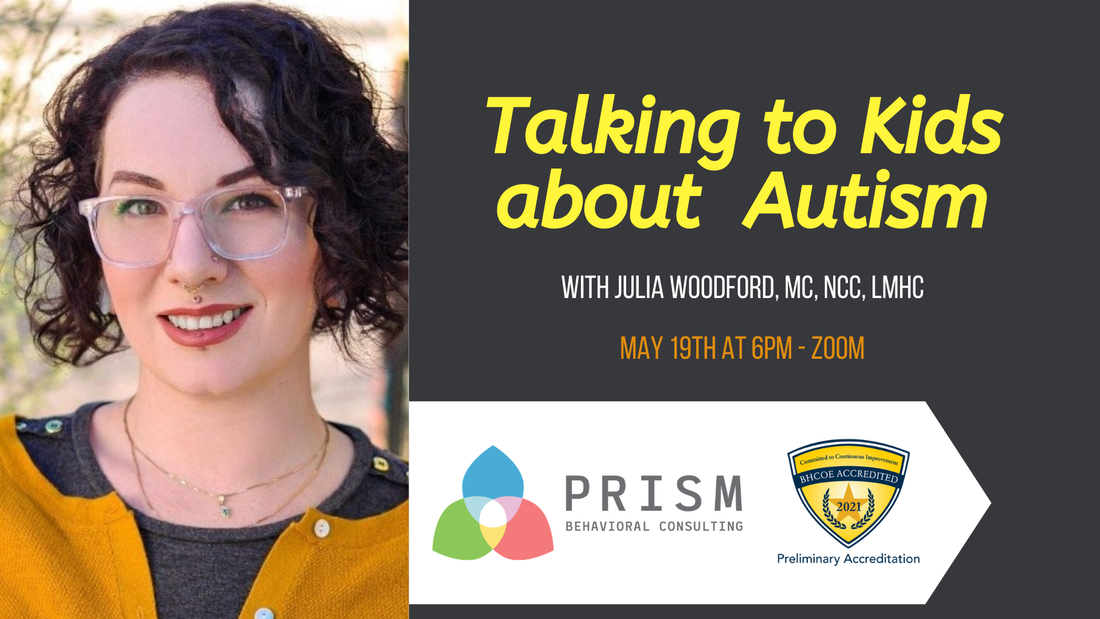


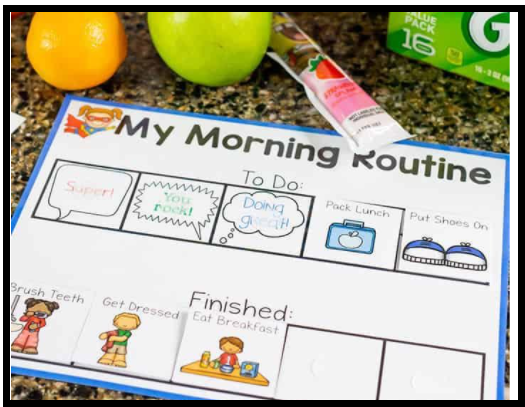
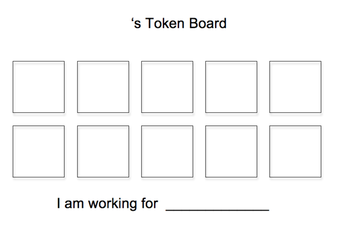

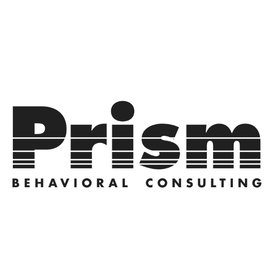
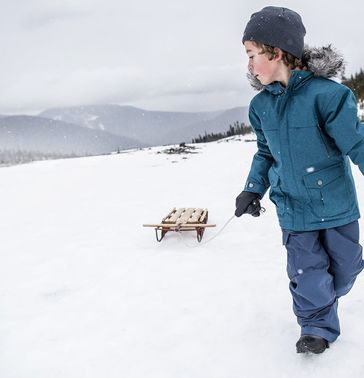

 RSS Feed
RSS Feed

